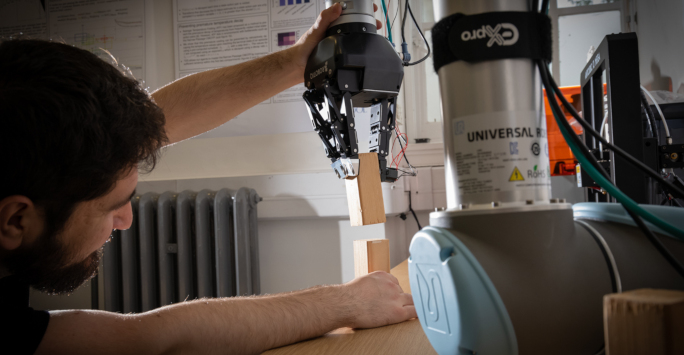
School of Computer Science and Informatics
We are home to a vibrant community of students, academics and industry collaborators, working together at the forefront of computing and data science.
Innovative teaching and research across computer science
From artificial intelligence and cybersecurity to software engineering and human-computer interaction, our teaching and research spans the full breadth of computer science. We offer a supportive and inclusive environment where students gain hands-on experience, develop cutting-edge skills, and prepare for careers in a fast-evolving digital world.


